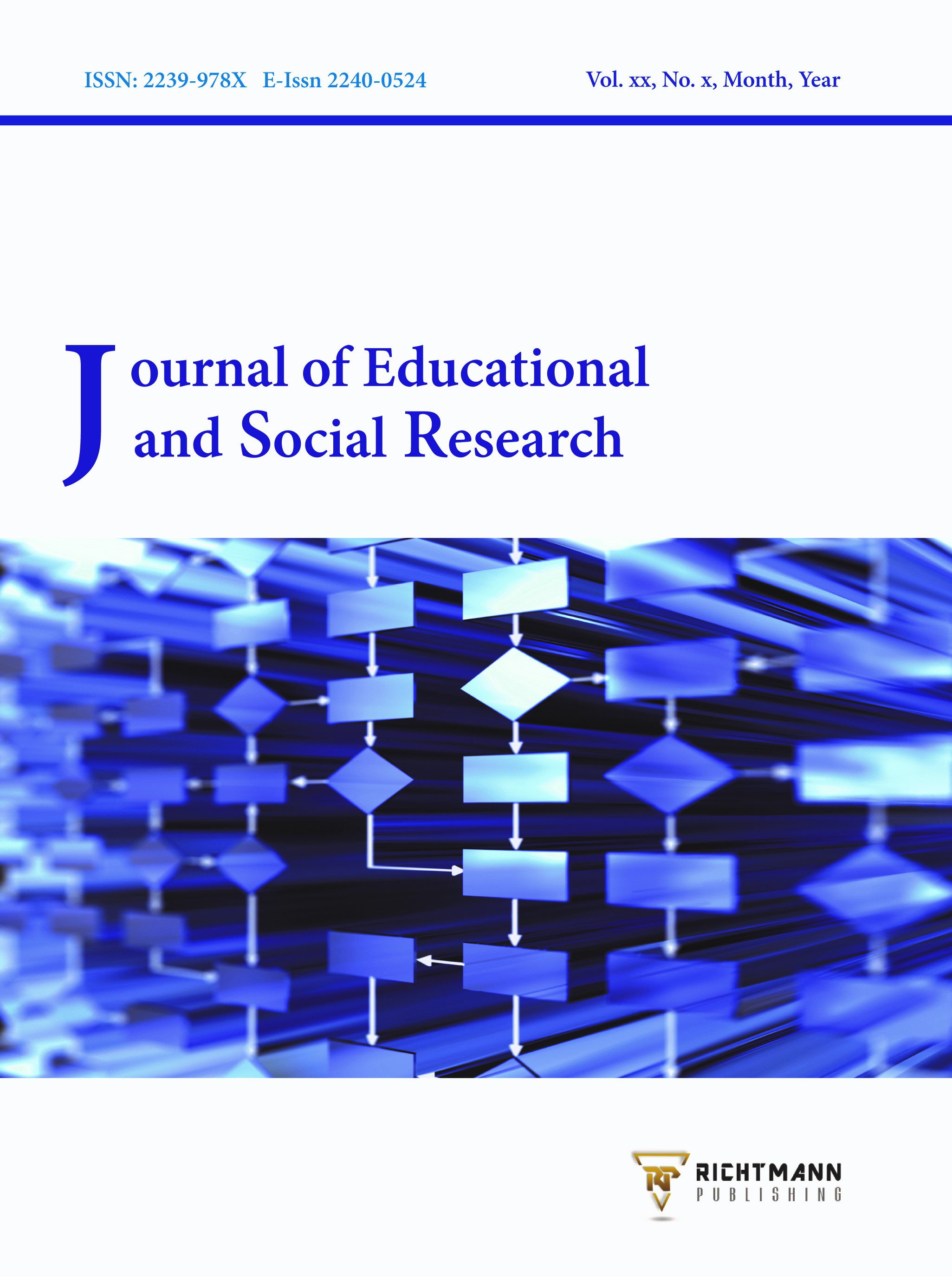Workplace E-Learning: What, Where, Why and How: A Case Study from the Czech Republic
DOI:
https://doi.org/10.36941/jesr-2022-0142Keywords:
E-learning, workplace e-learning, quality, pros and cons, future trends, Czech RepublicAbstract
Developments at work and in the workplace are constant activities, and an organisation’s activity in e-learning belongs in this process too. This means that workplace e-learning represents a significant burden for an organisation. A qualitative case study from the Czech Republic was done on the basis of interviews with two groups: content administrators (two respondents) and learners (six respondents), who are familiar with e-learning. Analysis reveals various factors and trends that the organisation must consider when implementing e-learning. On the basis of the data obtained, it is clear that e-learning increases flexibility, more precisely in terms of costs, time and individual approaches. Participants concentrate on learning and do not focus on the content; the main goal remains passing the e-course. However, the quality of the system and the ease of using it varied, as did the interactivity of the e-courses. The main advantages are flexibility and productivity, and the main disadvantages are a lack of mutual contact and human interaction. Future trends will be the increase of e-learning, pre-work onboarding, the cloud and m-learning. When implementing e-learning, an organisation must consider the pros and cons and pre-tests/evaluations, and it must simplify the resolution process of any issue, be prepared to provide face-to-face education and make choices regarding the time aspect and learning material. The current qualitative case study in e-learning and prevailing trends form the foundation of the future direction and development of this field for educational and training purposes. The findings indicate that there will be a steady, but notable, increase in workplace e-learning to enhance all training methods at work. The study contributes to our understanding of workplace e-learning.
Received: 14 August 2022 / Accepted: 24 October 2022 / Published: 5 November 2022
Downloads
Downloads
Published
Issue
Section
License

This work is licensed under a Creative Commons Attribution-NonCommercial 4.0 International License.
This work is licensed under a Creative Commons Attribution-NonCommercial 4.0 International License.









